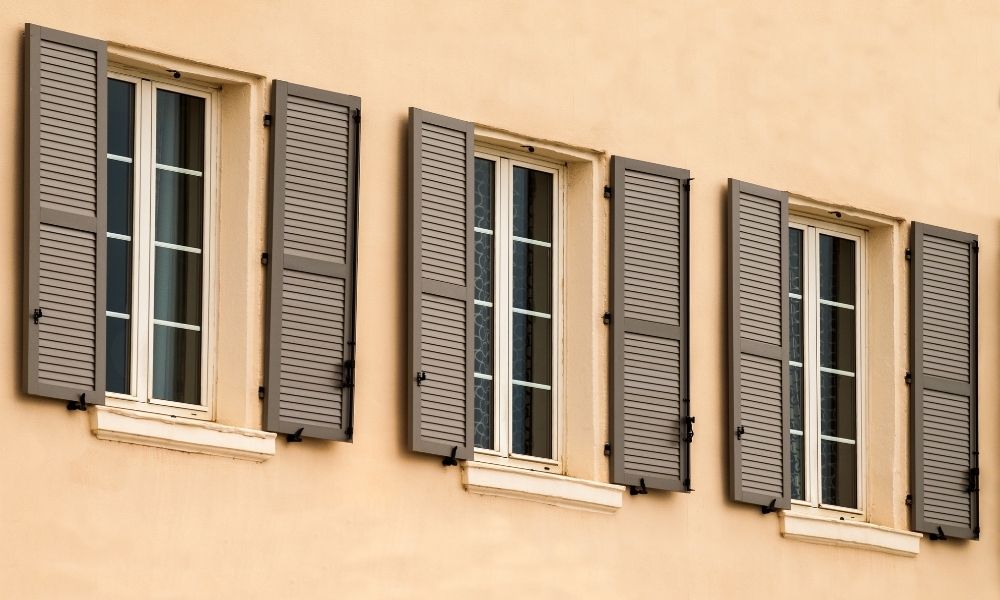CALL US (404) 494-0870
Office Hours: Monday-Friday
8am-5pm Central Time

How To Get More Natural Light in Your Home
Natural light is essential for a multitude of aspects in our daily lives. From supplying us with more energy in the mornings to helping us fight off seasonal depression, the very foundation of our functioning is dependent on our exposure to these rays. However, depending on the overall shape, style, and layout of your home, you might find that it’s hard to distribute this light effectively throughout your environment. Here is how to get more natural light in your home just by adjusting a few things about your windows.
Keep Your Windows Clean
Believe it or not, one of the most active blockers of natural light is the dirt and grime that your windows tend to collect. In fact, even if they don’t appear outright dirty, you could still be missing out on a lot of extra rays that would do wonders for your mood. If you want to maximize the light that shines through your windows, get in the habit of keeping them clean. During this process, take extra care to wipe down the entire pane and avoid creating streaks.
Install a Set of Exterior Shutters
You can also get more natural light in your home by installing a set of exterior shutters on your windows rather than blinds. While effective at keeping extra rays out, blinds aren’t as good at letting them in. This is because their collapsible frame still takes up space along the window frame. Exterior movable louver shutters, on the other hand, are particularly useful for this as you can adjust them freely to accommodate the amount of light you wish to have. You can even swing them wide open and latch them to the exterior siding to keep them out of the way.
Paint Your Windowsills a Lighter Color
With the right color scheme around your windows, you can even amplify smaller amounts of light and make it look brighter in the room. Light colors tend to reflect light off their surfaces, while darker shades can absorb these rays and generate heat. For this purpose, lighter hues such as white and tan work best.
Recent Posts
Categories
- Shutters
- Can You Paint Interior Shutters
- How To Remove Old Shutters From a House
- Measuring and Specifications for Exterior Shutters
- Anatomy of Exterior Shutters
- What To Consider When Choosing Louver Size
- What To Know About Bahama Shutters
- Different Types of Shutter Accessories
- Functional Versus Fixed Exterior Shutters
- Tips To Guide You When Ordering Your New Shutters
- A Glossary of Window Shutter Terminology
- Hardware
